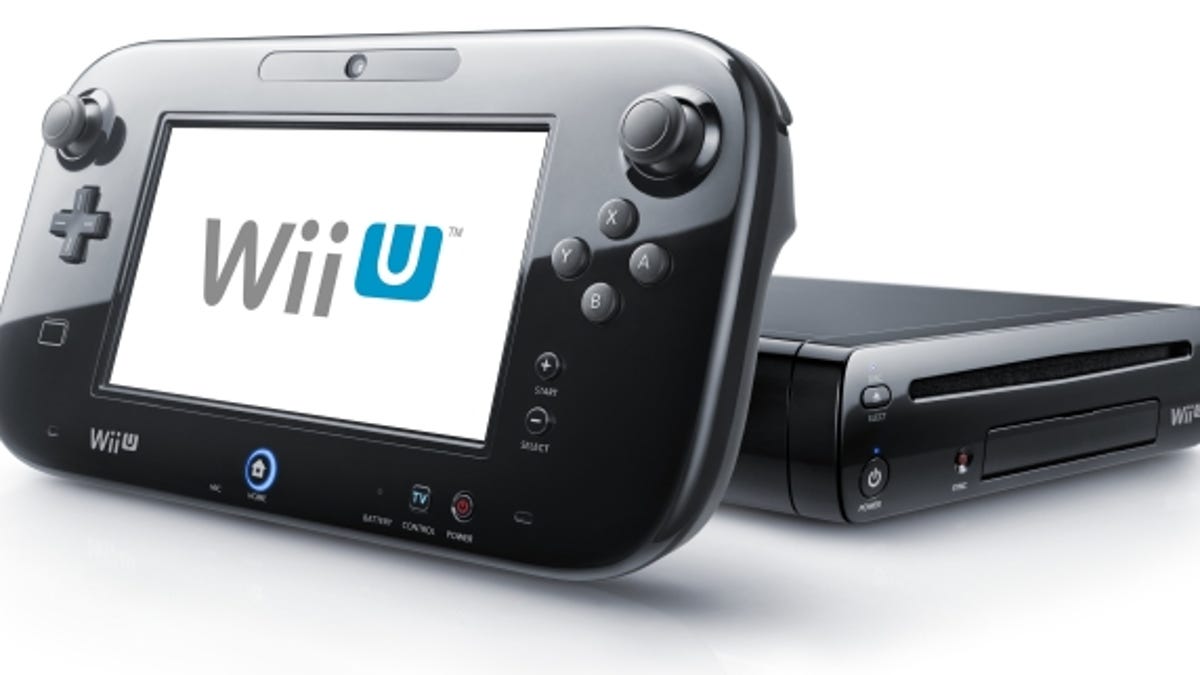Nintendo to combine handheld, console divisions -- report
The company reportedly believes the move will enable it to create next-generation hardware that "will turn heads."

Nintendo's current corporate structure separating consoles and handhelds will be replaced, according to a new report.
Japan-based news outlet Nikkei is reporting today that Nintendo plans to combine its handheld and console divisions by February 16. The combined team will have 280 employees, made up of 130 employees from the console side and 150 from handhelds.
According to IGN, Nikkei reported that the team members will be organized by their specialties, including circuits and design. Engadget reports that it contacted a Nintendo spokesperson, who apparently confirmed the news.
Nintendo has faced some trouble over the last couple of years as its latest hardware launches -- the 3DS handheld and the Wii U console -- have failed to generate the kind of interest and sales of the company's previous releases. During December, for example, Nintendo only mustered 460,000 Wii U unit sales in the U.S., according to the company. NPD DisplaySearch, which releases game sales data for the U.S., said "sales of the Wii U were lower on a unit basis when compared to the original Wii in December 2006."
There was a similarly lackluster launch for the 3DS in 2011, when that device proved too expensive for consumers. After slashing the handheld's price, sales started to creep up.
By combining its handheld and console divisions, Nintendo believes it will be able to deliver better products, according to Nikkei. The news outlet said the combined effort will help Nintendo build next-generation hardware "that will turn heads." It's not clear what that means for the Wii U, which only launched a couple of months ago.
CNET has contacted Nintendo for comment on the Nikkei report. We will update this story when we have more information.

